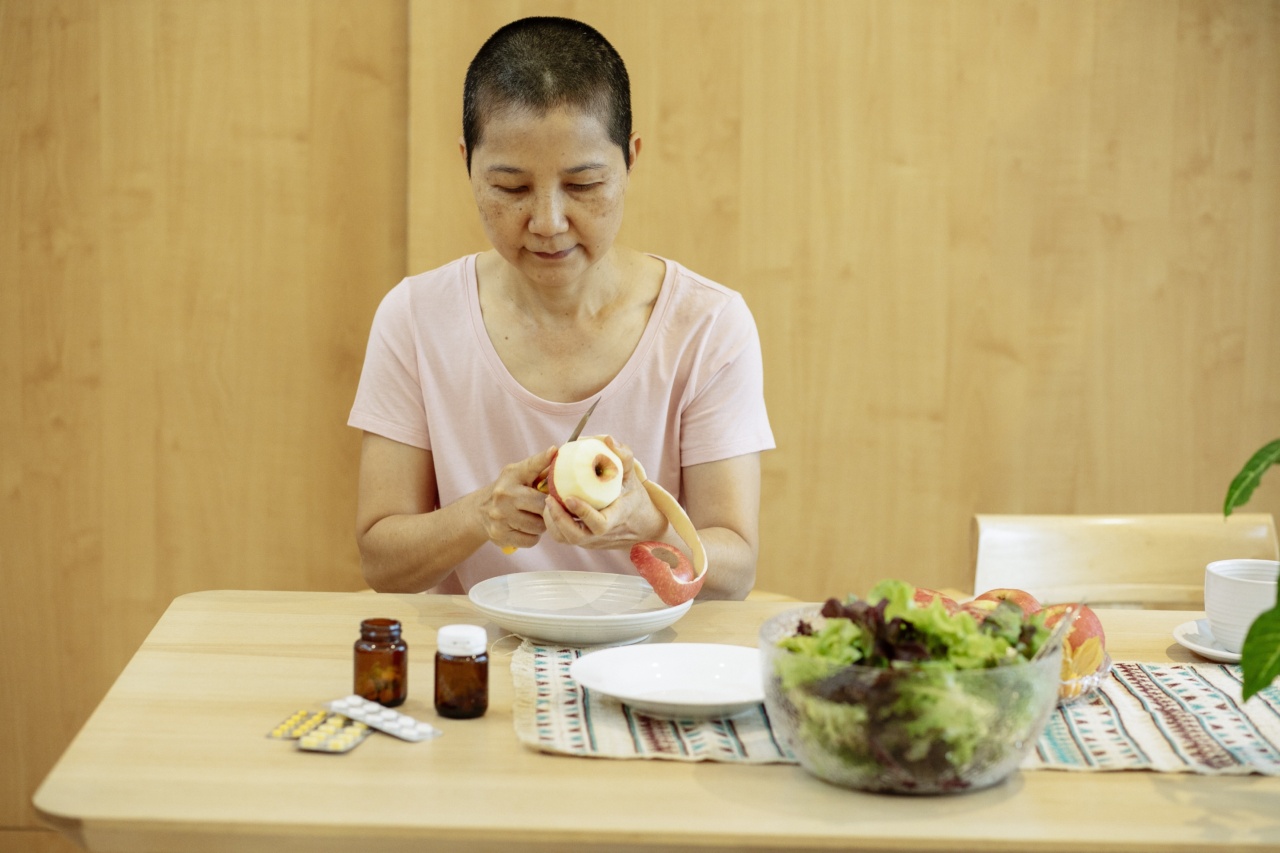Colon cancer is the second most common cause of cancer-related deaths in the United States. It affects everyone regardless of age, gender, or ethnicity. However, studies have shown that certain vitamins and minerals can help protect against colon cancer.
One of those vitamins is vitamin D.
What is Vitamin D?
Vitamin D is a fat-soluble vitamin that plays an essential role in bone health. It helps the body absorb calcium, a mineral that is critical for strong bones.
Vitamin D also has other functions, such as regulating the immune system and promoting cell growth and differentiation. Vitamin D is naturally present in some foods, but the primary source is sunlight. When exposed to sunlight, the skin produces vitamin D.
Vitamin D and Colon Cancer
Vitamin D has been linked to a reduced risk of colon cancer in several studies. One study found that people with low levels of vitamin D in their blood were more likely to develop colon cancer than those with higher levels.
Another study showed that people who had higher levels of vitamin D in their blood had a lower risk of dying from colon cancer than those with lower levels.
There are several ways that vitamin D may help protect against colon cancer. One way is by promoting the differentiation of colon cells. In the colon, cells differentiate into two main types: absorptive cells and mucus-secreting cells.
When cells fail to differentiate properly, they can become cancerous. Vitamin D has been shown to promote the differentiation of colon cells and reduce the risk of cancer.
Vitamin D also has anti-inflammatory properties. Chronic inflammation in the colon can lead to cell damage and an increased risk of cancer. Vitamin D has been shown to reduce inflammation in the colon and protect against cancer.
Sources of Vitamin D
The primary source of vitamin D is sunlight. The skin produces vitamin D when exposed to sunlight. However, not everyone can get enough vitamin D from sunlight alone.
Factors such as skin color, latitude, and time of year can affect the amount of vitamin D that the skin produces.
Vitamin D is found naturally in some foods, including fatty fish, egg yolks, and liver. Some foods, such as milk, orange juice, and breakfast cereals, are fortified with vitamin D.
Vitamin D supplements are also available and can be an effective way to increase vitamin D levels. However, it is important to talk to a healthcare provider before taking any supplements.
Conclusion
Vitamin D is an essential nutrient that plays a critical role in maintaining bone health and regulating the immune system. It has also been shown to protect against colon cancer.
Although sunlight is the primary source of vitamin D, not everyone can get enough from sunlight alone. Incorporating vitamin D-rich foods into the diet and taking supplements can be effective ways to increase vitamin D levels. With further research, vitamin D may become an important tool in the fight against colon cancer.































